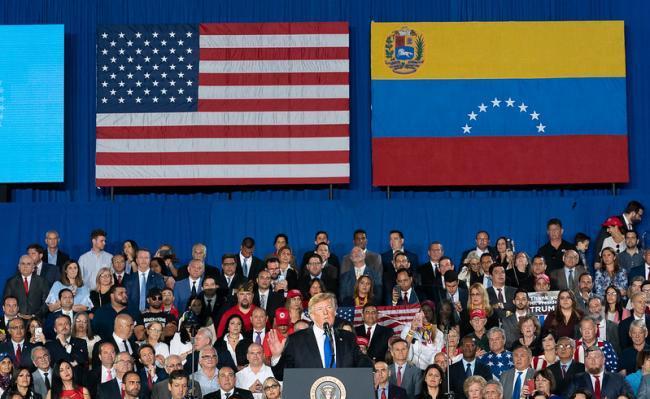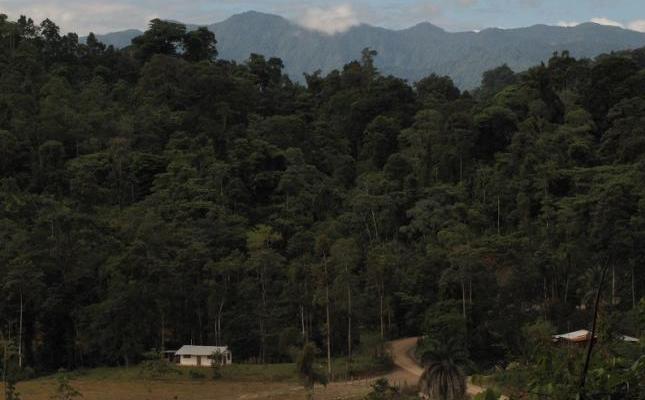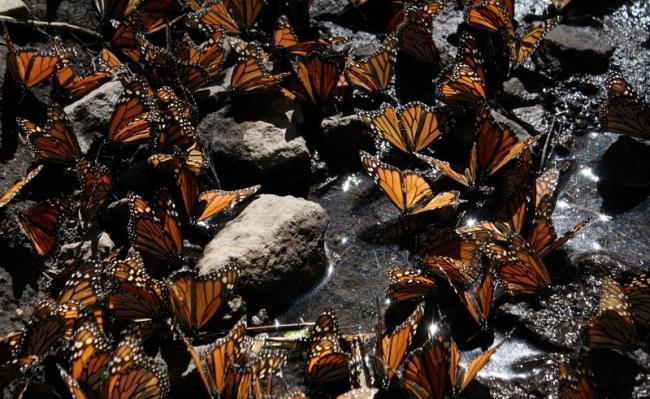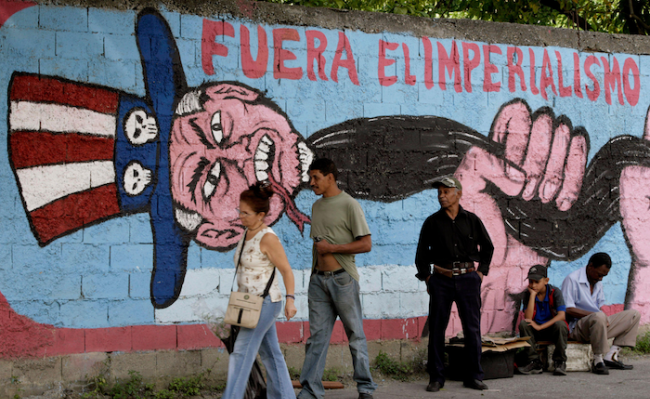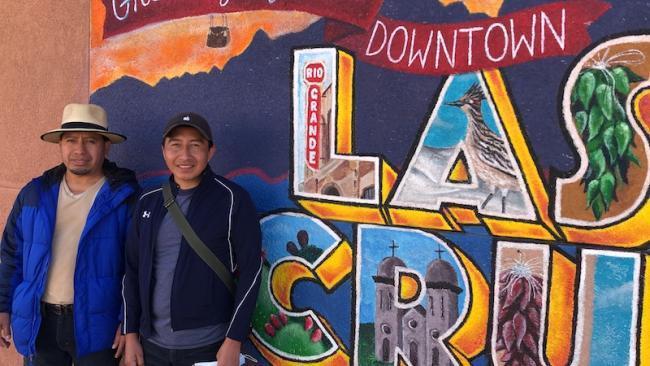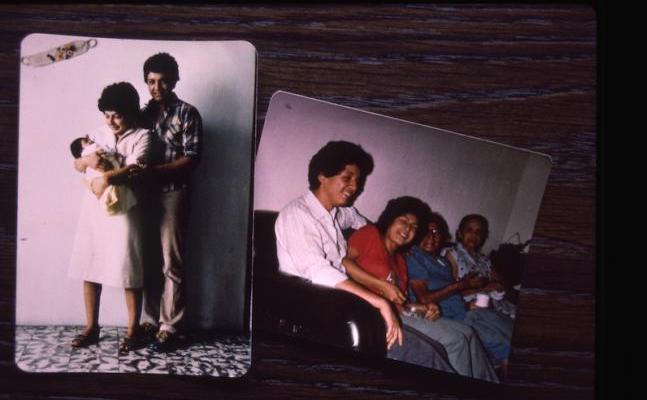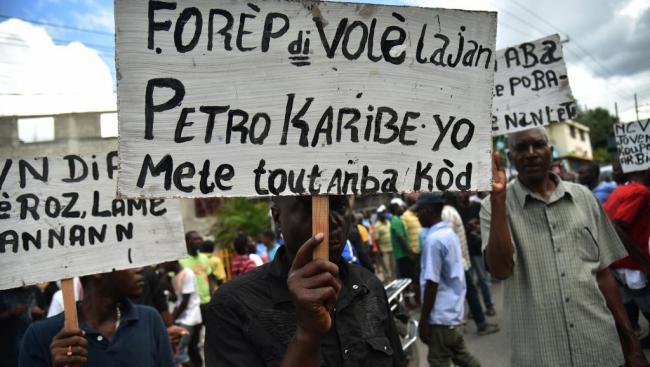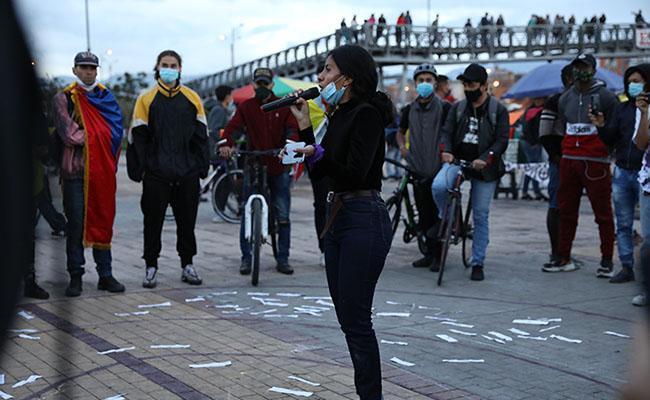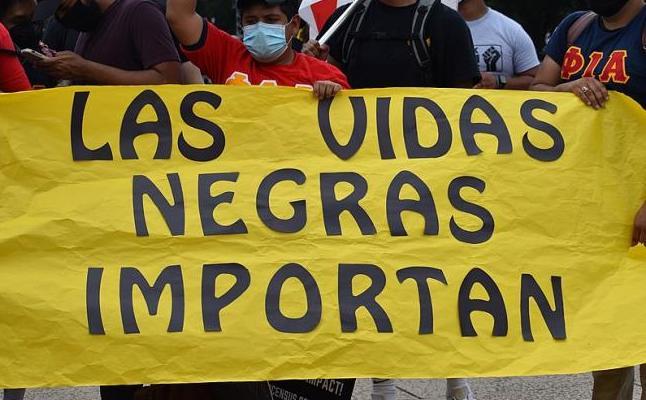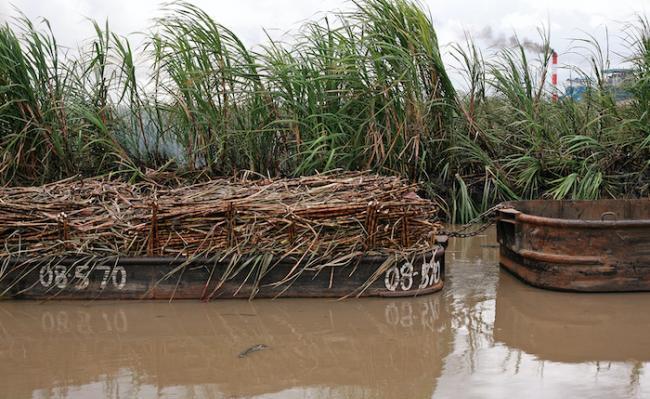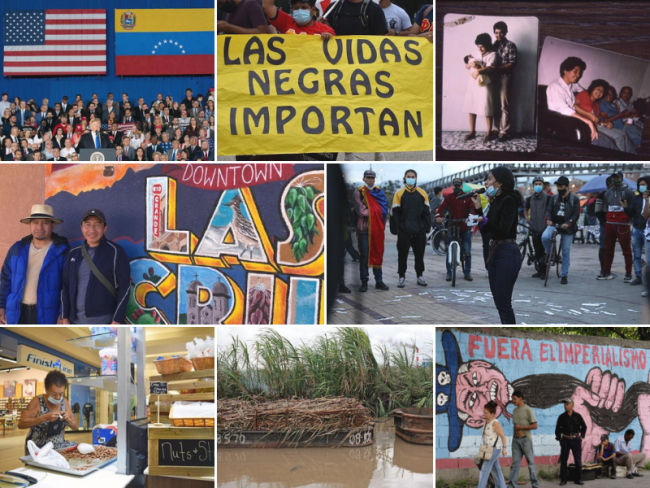
Will you support NACLA in 2022? Read our end of year letter.
In 2021, in our print issues of the NACLA Report, we delved into understanding Haiti and its relationship with the United States, historical memory in the 21st century, racialized dispossession across the hemisphere, and the state of media and journalism in Latin America. Online, we reported on the Biden administration’s immigration policies, protests in Colombia and Cuba, the impacts of the pandemic, Indigenous movements, climate change, and much more.
Here is a list of our most memorable pieces from this year. Support our work to help us bring you more quality analysis and reporting in 2022.
Magazuelans: How Venezuelan Americans Embraced Trump as Their Savior
María Isabel Puerta Riera | January 2021
Venezuelans Americans in Florida who voted raise important questions about how race, cultural assimilation, and politics intersect. Read more.
After Landmark Territorial Win, Naso People of Panama Look to the Future
Jennifer Kennedy | February 2021
The Naso won their right to a comarca recognizing their ancestral land after a decades-long struggle. Read more.
Indigenous Communities in Mexico Take up Arms to Defend the Monarch Forest
Columba Gonzalez-Duarte and Manuel Ureste | March 2021
Caught between organized crime, avocado cultivation, and international conservation, Indigenous towns are organizing autonomously to defend themselves. Read more.
James Darbouze | April 2021 (Spring 2021 issue of the NACLA Report)
The United States’ systemic anti-Blackness at home and abroad shatters illusions of democracy in Haiti. Achieving true independence demands solidarity. Read more.
“We Are Here by Force”: Maya Ixil Activists Fight for Asylum and Justice
María Inés Taracena | May 2021
The stories of two Guatemalan asylum seekers highlight the deep roots of forced migration from Central America and the U.S. role in the ongoing displacement. Read more.
Historical Memory in the Digital Age
Daniel Alvarado, Carlos Juárez, and Brie Gettleson | June 2021 (Summer 2021 issue of the NACLA Report)
In Guatemala, truthtellers and preservers of the past face renewed hostility. Digitization projects help safeguard the archives of state violence. Read more.
After Moïse Assassination, Popular Sectors Must Lead the Way
Mamyrah Dougé-Prosper and Mark Schuller | July 2021
Analysis the day after the Haitian president's assassination focused on liberal constitutionalism and elections. This narrow view overlooks the longstanding demands from organized popular sectors. Read more.
Colombia Protests Spur Local Community Organizing
Christina Noriega | August 2021
Over the last few months, protesting Colombians have formed popular assemblies to demand change in their communities and beyond. Read more.
Remembering Joane Florvil, Victim of Global Anti-Blackness
Lorgia García-Peña | September 2021
Four years after her death in Chile, a Haitian migrant’s story offers an urgent reminder of the deadly proportions of anti-Black state violence. Read more.
Underground Activists in Brazil Fight for Women’s Reproductive Rights
Alejandra Marks | September 2021
Abortion activism networks support and guide women through at-home procedures in Brazil’s legally restrictive and socially conservative landscape. Read more.
In Guyana, Colonial Regimes Power the New Oil Frontier
Shanya Cordis | September 2021 (Fall 2021 issue of the NACLA Report)
ExxonMobil’s promise of booming wealth draws on enduring colonial frontier logics. Attention to relentless resource extraction in the hinterland disrupts the mirage. Read more.
New Life in Laredo As the Border Reopens
Humberto J. Rocha | December 2021
For nearly two years during the pandemic, Mexicans could not cross the Rio Grande for shopping, tourism, or family visits. Border cities dependent on their business were hit hard but have hope now that the travel ban has been lifted. Read more.

